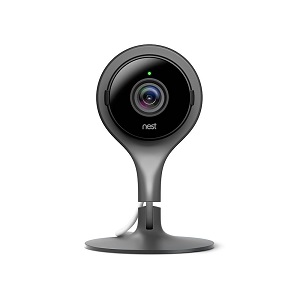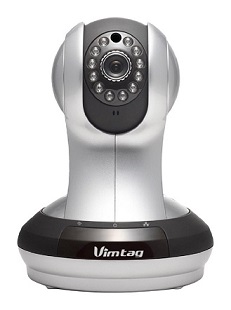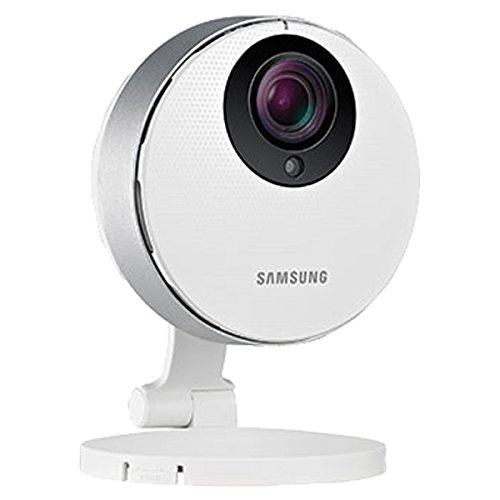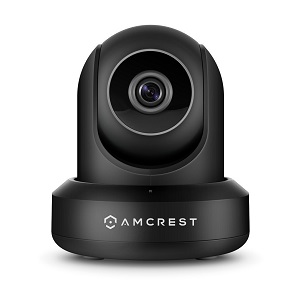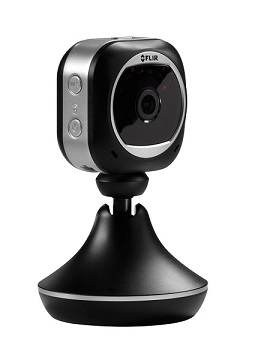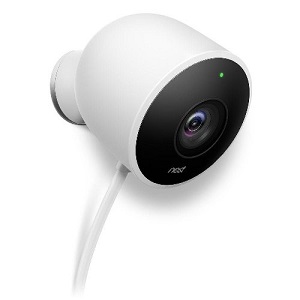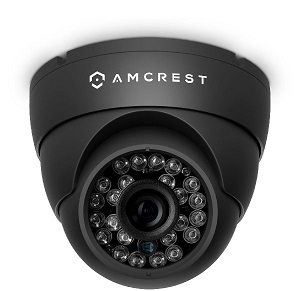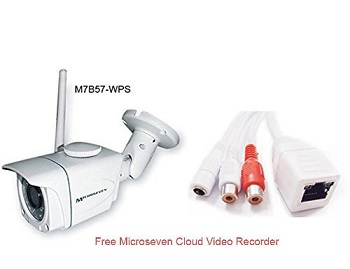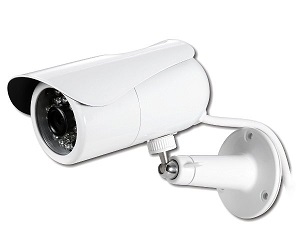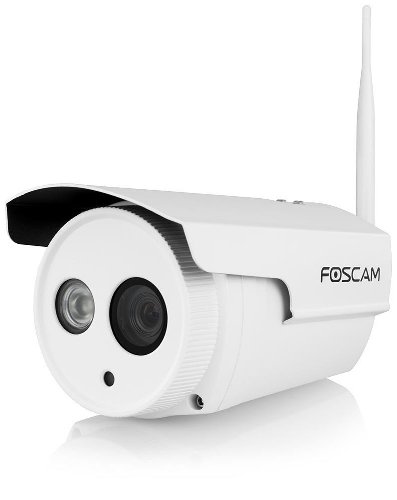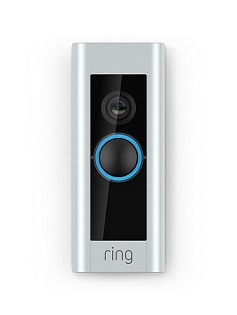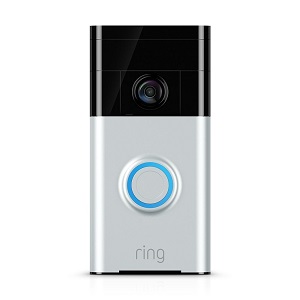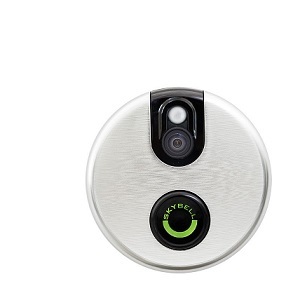How to Choose the Best Security Camera?
Advancements in video surveillance technology provide better protection of your business premises or home. As a result, many people have installed private security cameras to prevent theft. Security cameras have also been used in the workplace to enhance security and monitor employee conduct. Companies have security camera systems that cater for every budget and need. Some, like CCTV cameras, allow you to view video feeds on-premises while other models allow remote viewing.
With the myriad of choices available, how do you sift the best security camera for your particular needs? You should ask yourself these intricate questions before purchasing a surveillance camera.
Will you use it indoors or outdoors?
Indoors and outdoors, have different lighting conditions (as discussed in the previous question). However, varying weather conditions should be considered when choosing a camera. Indoor cameras are accustomed to an environment where there is air conditioning, heating, and controlled humidity levels. However, outdoors the cameras are exposed to the elements.
Outdoor cameras are exposed to UV rays, rain, wind and other hazards that indoor cameras cannot withstand. For this reason, outdoor cameras are built to be sturdier and more versatile to deal with the continuously varying conditions outside. It is worth noting that, outdoor cameras can be used indoors, but indoor cameras cannot be used outdoors. Considering you may need to place your camera outside, it is better to buy an outdoor camera from the onset.
Do you need a wireless or wired camera?
Another concern is whether your camera should be wired physically or should be wireless. Wired security cameras transmit surveillance feeds through cable wires that are faster and more secure than wired connections. However, installation of these cameras takes time, and they are a tad more expensive than wireless alternatives. It is also hard to conceal wired cameras. The cables need to be adjusted when you decide to move the camera, making wired cameras less portable than wireless cameras.
Conversely, wireless cameras are easier to install and can be concealed with ease. The costs are lower than wired cameras because there is no need to purchase new cables when adjusting the position. Initially, phishing and hacking were a concern for wireless systems. However, better encryption protocols such as TKIP and WPA, have made wireless security cameras more secure.
Will you use it in low or bright light?
Your choice of camera should be influenced by the light conditions of the area you want to monitor. Different environments have different light levels, and the choice of camera influences the video quality. In well-lit environments, there is greater leeway on the type of camera that you can use. Most security cameras will work capture vibrant footage when there is ample light.
However, not all security cameras can operate as efficiently in low light conditions. If you plan to use your security camera at night or in dark rooms, you should target a camera with a low light sensitivity. In low light conditions, buy cameras with a 1-Lux rating or below. They can consistently provide high-quality feed even in the dark. Furthermore, such cameras are versatile enough to give good quality video even when the light levels are fluctuating.
Do you want a fixed angle or PTZ camera?
Do you want a security camera that can provide a video feed from only one angle or one that can adjust viewing its angles? If you want to protect a particular parking lot, entrance or one point in your premises, you can opt for a standard fixed-format camera. However, if you want the capability to zoom and swivel to allow you to focus on a broader area, a PTZ (Pan-Tilt-Zoom) camera is ideal.
PTZ cameras can conveniently swivel their lenses, zoom and adjust their focus to provide better surveillance capabilities. You can opt for a camera that you can pan, zoom, and tilt using specified controls or you can have a camera programmed to do so using motion detection.
Do you want remote or on-premises viewing?
How will you view the filmed surveillance footage? Most people only need an audiovisual feed that is transmitted to a CCTV monitor or DVR for viewing. What about when you want the ability to monitor your possessions while away?
In such instances, surveillance devices with remote viewing become handy. Such cameras only need to be connected to your Wi-Fi or a computer, allowing you to login from your smartphone or computer. They allow you to view video feeds remotely.
